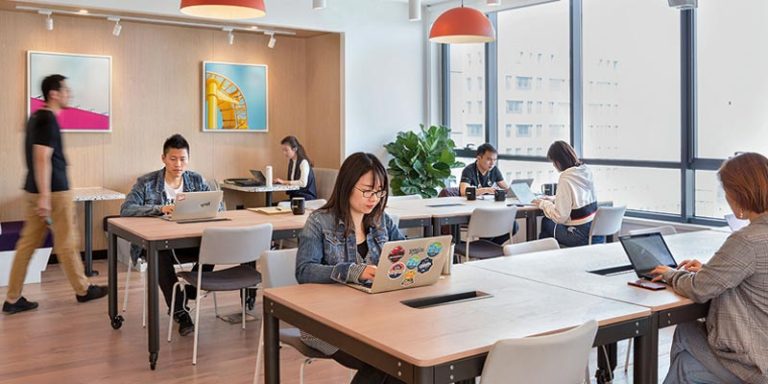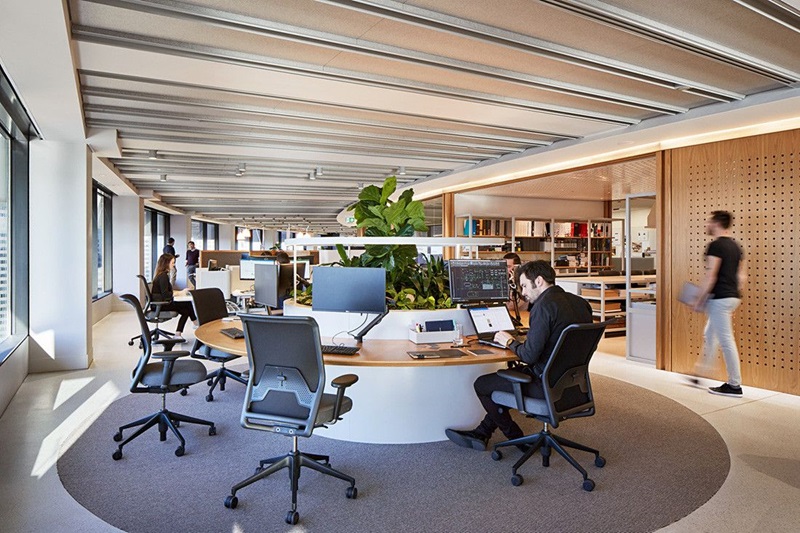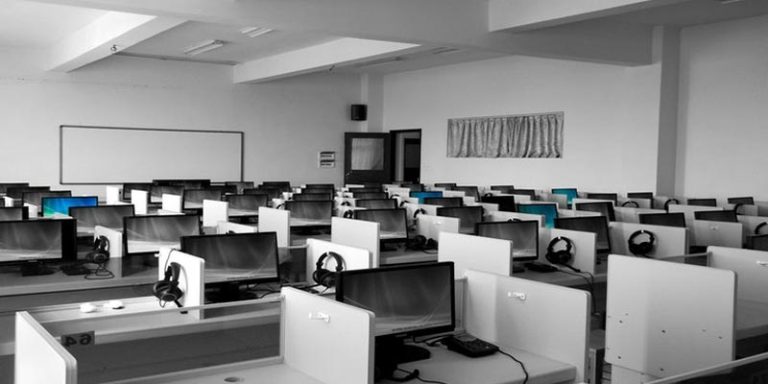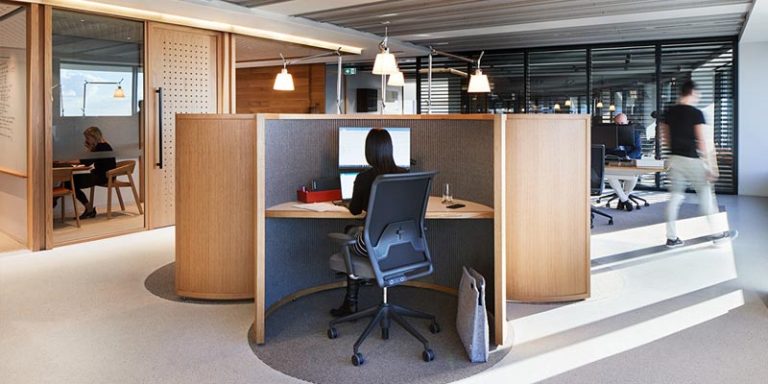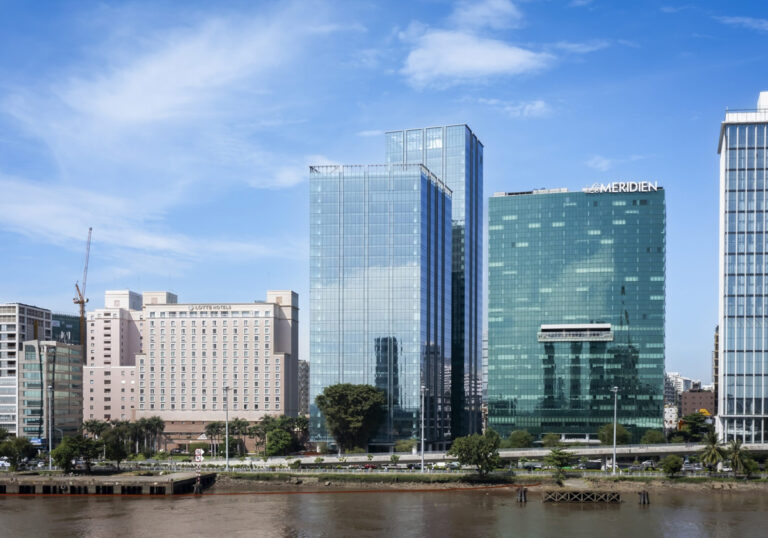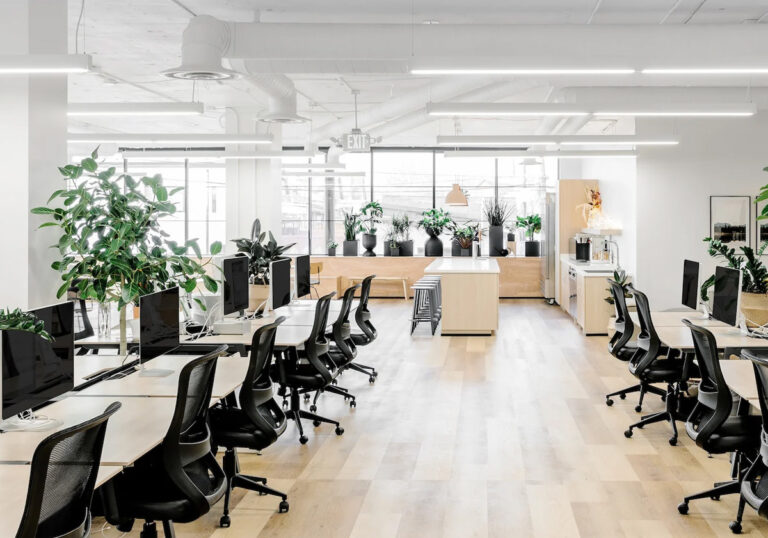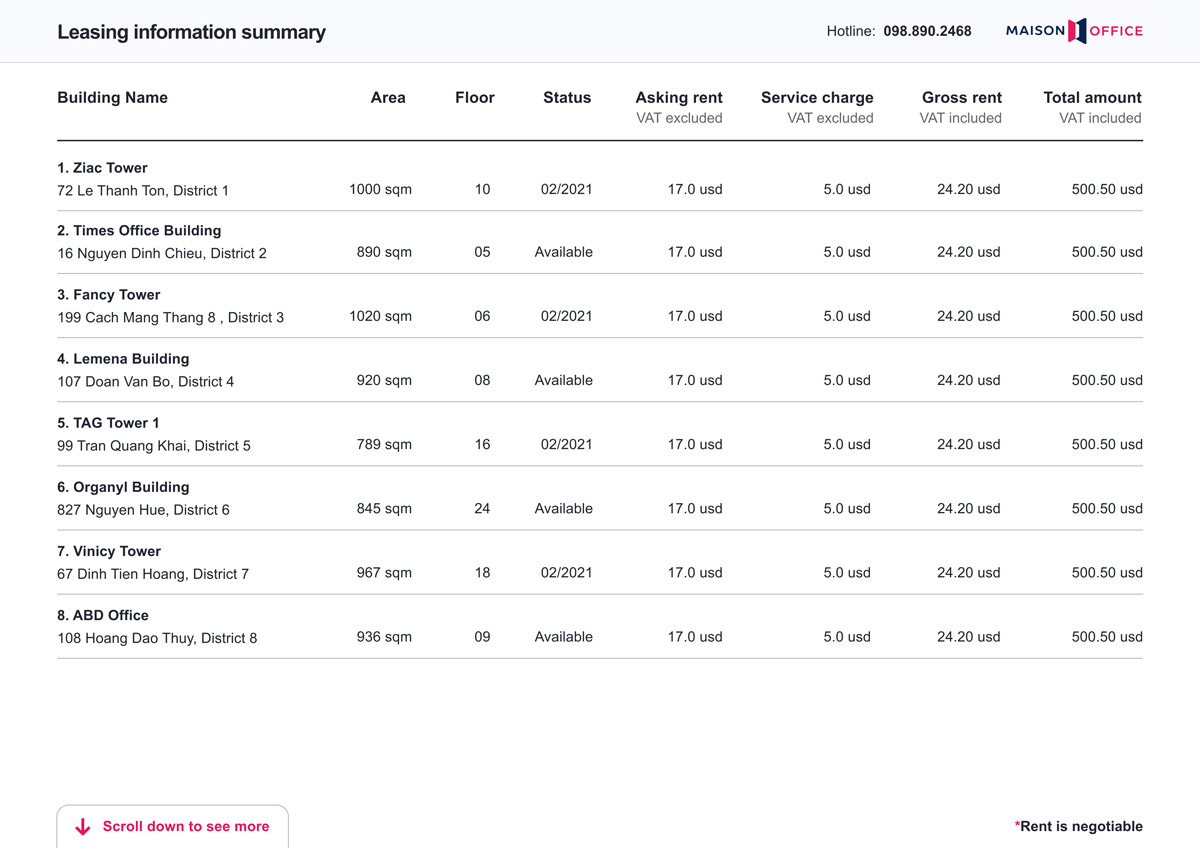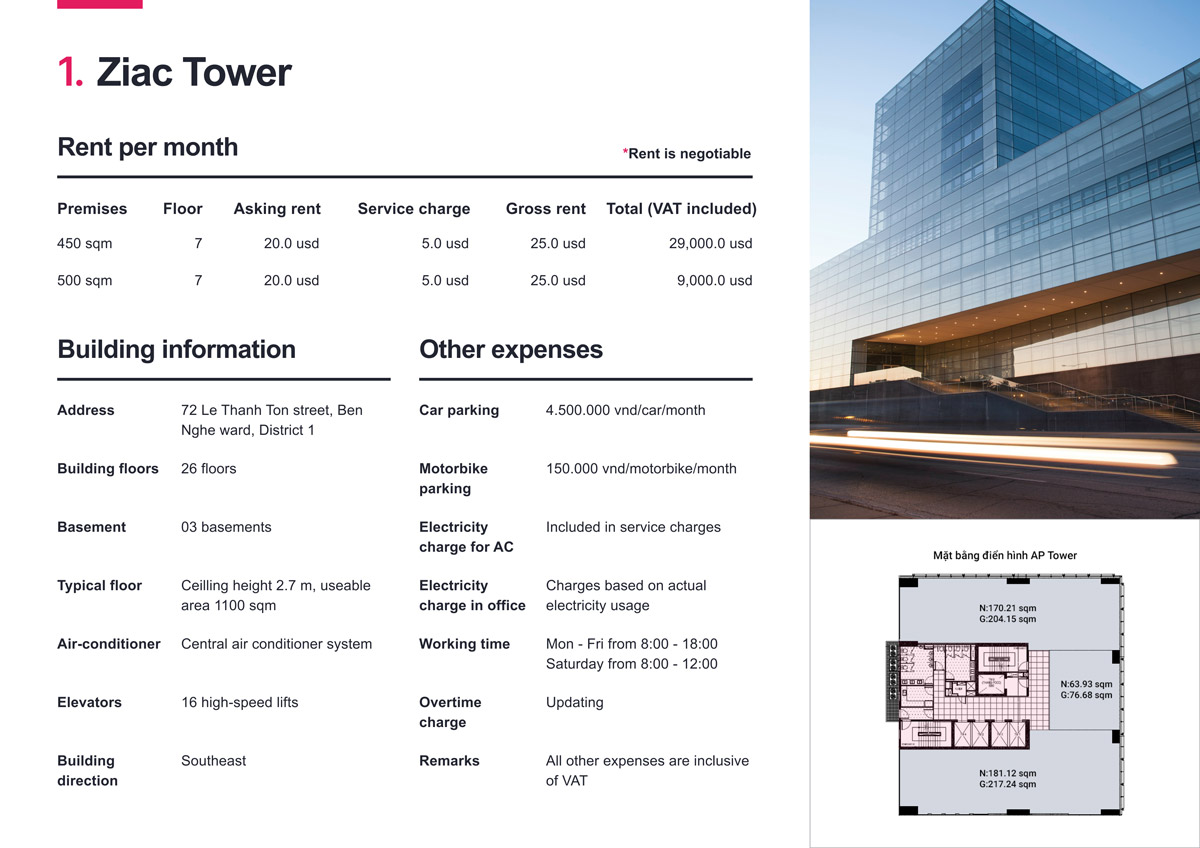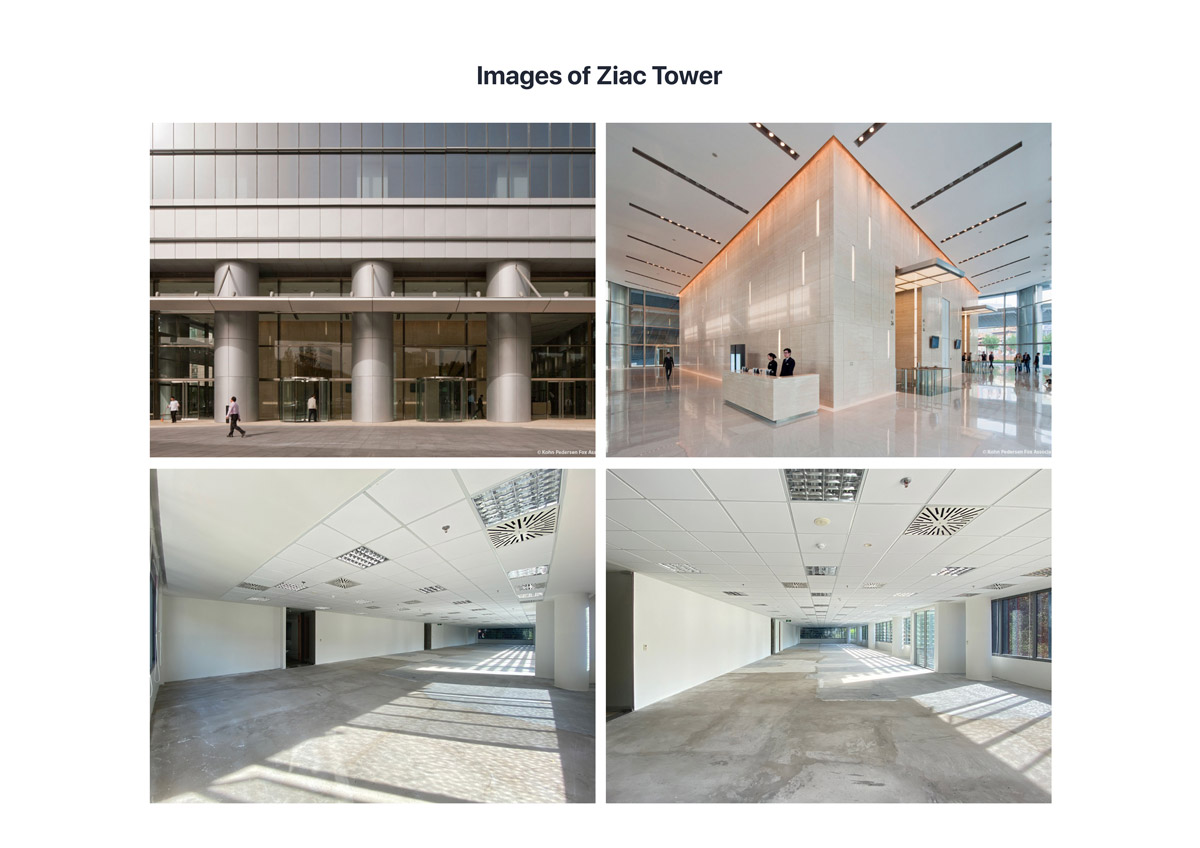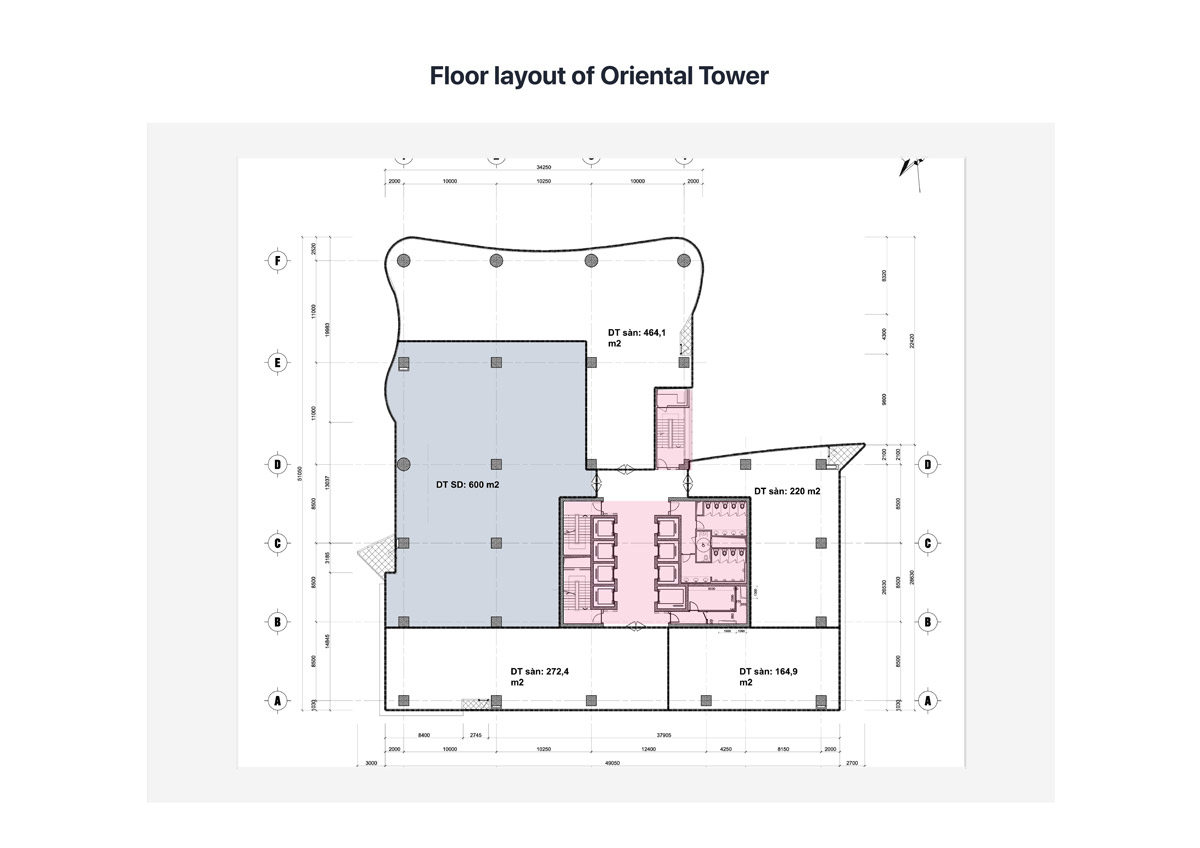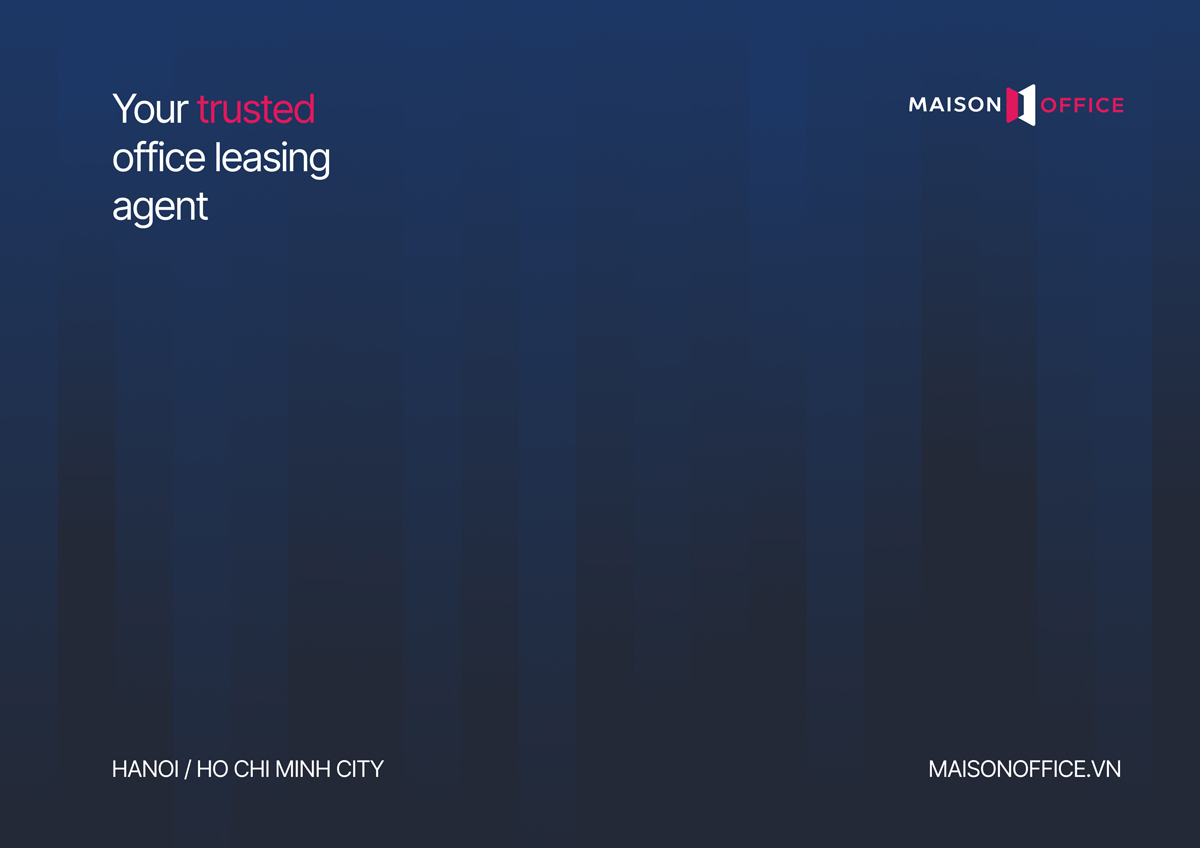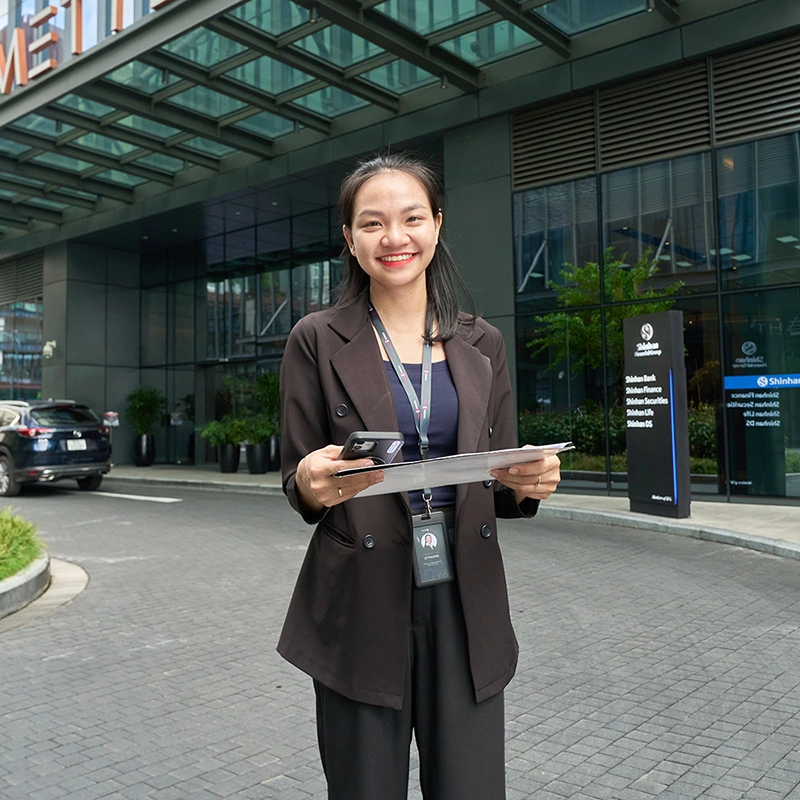What is Hot-Desking? How it works, the advantages
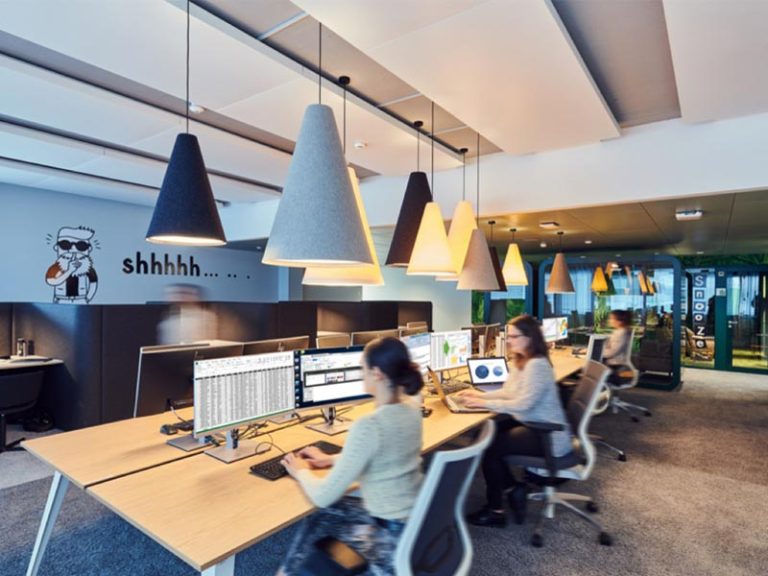
Not only providing convenience and cost-saving benefits, hot-desking or flexible seating at coworking spaces also fosters community development and creativity.
So how does it work and is it suitable for your company? Let’s explore the concept of hot-desking in the following main sections with Maison Office!
Table of Contents
1. What is Hot-Desking?
Hot-desking is a flexible workspace arrangement where employees do not have assigned desks or workstations. Instead, desks are available on a first-come, first-served basis each day.
This approach maximizes the use of office space and encourages flexibility and collaboration among team members. Hot-desking is often used in workplaces with a mobile workforce, where all employees are not expected to be in the office simultaneously, such as in companies with remote or hybrid work policies.
What is Hot-Desking?
Hot-desking is often found in shared offices or serviced offices, where individuals use workstations at different times without the need for long-term fixed leases.
As a result, this model maximizes space utilization efficiency and minimizes excess office space.
2. How does Hot-Desking work?
Hot-desking works by eliminating assigned seating in an office and allowing employees to choose their workspace on a first-come, first-served basis each day. This system is designed to accommodate a flexible workforce and make efficient use of office space. Here’s how the hot-desking process typically works:
- Arrival and selection: Employees arrive at the office and select a desk or workstation that is available. This choice can vary day by day, allowing employees to sit in different locations depending on availability and their work preferences for that day.
- Desk setup: Since desks are not permanently assigned, workers typically carry their necessary work tools with them (e.g., laptops, notebooks, and personal items). In a hot-desking environment, desks are equipped with essential office equipment like monitors, phone connections, and power outlets to accommodate anyone who chooses to sit there.
- Use of technology: Many organizations use a booking system or app that allows employees to reserve desks or workspaces in advance. This system helps manage space efficiently and can provide insights into office usage patterns. It also helps in locating colleagues when needed.
- Clean desk policy: At the end of the workday, employees are expected to clear the desk for the next person. This often involves taking personal items home or storing them in personal lockers or shared storage areas provided by the employer.
- Support areas: Hot-desking environments often include various support areas, such as meeting rooms, phone booths for private calls, collaboration spaces, and break areas, to accommodate different work activities throughout the day.
- Personal storage: Since employees don’t have a permanent desk, personal storage solutions such as lockers are provided for storing personal belongings, documents, and work equipment.
- Adaptability and feedback: Effective hot-desking arrangements are adaptable and evolve based on employee feedback and changing business needs. Organizations may adjust rules, tools, and facilities to improve the experience and productivity of their workforce.
Hot-desking promotes flexibility, collaboration, and efficient use of space, but it also requires good organizational policies and technology support to address challenges like ensuring privacy, maintaining cleanliness, and managing resources effectively.
3. Advantages of Hot-Desking
The usefulness of hot-desking depends on your work style and needs.
While freelancers value a place where they can work and meet potential clients, business owners may want flexible lease terms to recruit and relocate employees to different workspaces.
So what other great benefits does hot-desking offer?
3.1 Hot-Desking for Businesses
The hot-desking feature allows businesses to manage remote employees flexibly without the need for large initial investments.
On the other hand, speed is crucial when it comes to expanding your workforce and business scale.
Hot-desking for businesses
Renting flexible seating allows companies to quickly expand into key markets and recoup investment capital when needed, while eliminating risks associated with opening private offices.
Along with scaling up and increasing growth rates, cost savings are also a major draw for large companies.
3.2 Hot-Desking for Individuals
If you’re an entrepreneur or freelancer with flexible space and time, hot-desking is a cost-effective solution for optimizing office rental costs.
Moreover, you don’t need to commit to long-term office rental contracts.
This work model also provides a network of remote workers or freelancers, helping you expand collaboration opportunities.
Hot-desking for individuals
For employees who frequently travel and work on multiple projects in different locations, hot-desking provides workspace across various cities.
This convenience not only boosts productivity but also offers all the privileges of office space wherever you work.
3.3 Enhanced Collaboration and Innovation
Whether in traditional offices or large coworking spaces, hot-desking brings people closer together. This connectivity brings new opportunities for investors, clients, partners, or employees through compelling referrals.
Increased collaboration and innovation
According to a 2018 study, coworking particularly adds value to building relationships between entrepreneurs, individuals, and startups.
This is achieved through the design of flexible workspaces, including shared infrastructure and seamless supporting technologies.
4. Is Hot-Desking Right for You?
Hot-desking enables you to make powerful business decisions such as expanding markets or recruiting talent remotely, without being hindered by long-term commitments or excessive costs like traditional offices.
However, while flexible seating undoubtedly offers numerous benefits, this arrangement is not suitable for every industry and work style.
The security of work is certainly one of the major drawbacks of this office model.
Is Hot-Desking Right for You?
In such cases, companies should consider using a private office within a shared workspace. This allows businesses and teams to have both privacy and better control over work quality while still enjoying the advantages of open space and a collaborative community.
In conclusion, the hot-desking flexible seating model still offers many efficient benefits: cost savings on office rent, reduction of excess space, non-binding lease agreements for 1-5 years, expanding partner networks within or outside the industry, attracting talent worldwide…
With countless great benefits, hot-desking is well-suited for businesses looking to reserve seats. Don’t hesitate, contact Maison Office now for price and location advice.
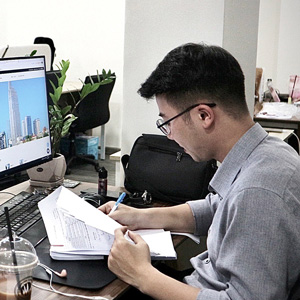
Editor and content team manager at Maison Office.
With over 5 years of experience in consulting and extensive content editing in the real estate services and interior design field. Sharing valuable information with customers, partners, and attracting millions of views.
